Coronavirus: Italy announces quarantine measures restricting movement of 16 million people
Sun 08 Mar 2020, 18:47:41
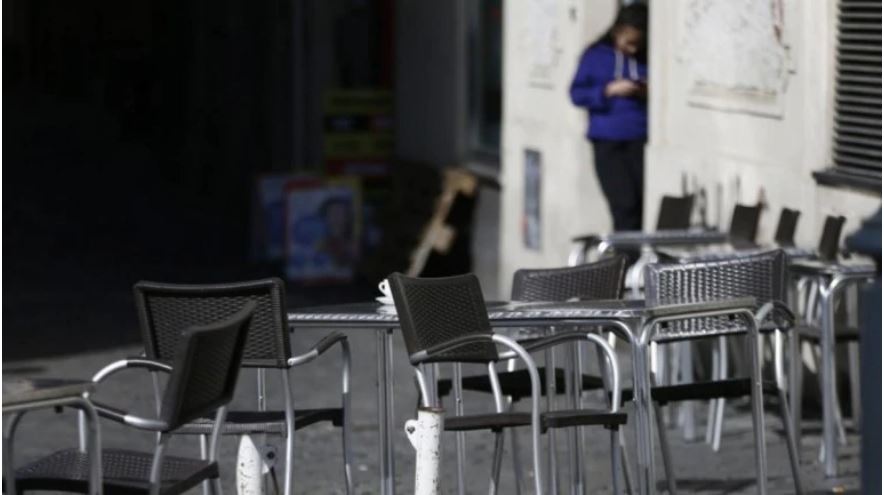
Italy's prime minister announced a sweeping coronavirus quarantine early Sunday, restricting the movements of about a quarter of the country's population in a bid to limit contagions at the epicenter of Europe's outbreak.
Shortly after midnight, Prime Minister Giuseppe Conte signed a decree affecting about 16 million people in the country's prosperous north, including the Lombardy region and at least 15 provinces in neighboring regions. The extraordinary measures will be in place until April 3.
"For Lombardy and for the other northern provinces that I have listed there will be a ban for everybody to move in and out of these territories and also within the same territory," Conte said. "Exceptions will be allowed only for proven professional needs, exceptional cases and health issues.
Around the world, more and more countries were bracing for a surge in virus cases. Western countries have been increasingly imitating China where the virus first emerged late last year, and which has suffered the vast majority of infections by imposing travel controls and shutting down public events.
Italy on Saturday saw its biggest daily increase in coronavirus cases since the outbreak began in the north of the country on February 21.
In its daily update, Italy's civil protection agency said the number of people with the coronavirus rose by 1,247 in the last 24 hours, taking the total to 5,883. Another 36 people also died as a result of the virus, taking the total to 233.
There was chaos and confusion in the northern Italian city of Padua in the Veneto region as word spread late Saturday evening that
the government was planning to announce the quarantine.
the government was planning to announce the quarantine.
Packed bars and restaurants quickly emptied out as many people rushed to the train station in Padua. Travellers with suitcases, wearing face masks, gloves and carrying bottles of sanitizing gel shoved their way on to trains.
Before Conte signed the quarantine decree, Stefano Bonaccini, president of the Emilia Romagna region, said parts of the decree were confusing, and he asked the premier for more time to come up with solutions that were more coherent. Around the world, events and festivals have been called off. Travel restrictions and warnings have been issued. A nose-dive in tourist traffic and possible disruptions to supply chains have set off fears of a worldwide economic slowdown. Benchmarks in global markets have gyrated in recent weeks, as hopes for stimulus measures mixed with widespread pessimism on the virus news.
The spread of the virus has also taken a psychological toll. Authorities and manufacturers have been trying to assure panicking consumers they don't need to hoard toilet paper, which have vanished from store shelves in various nations.
A particular point of concern are passenger-packed cruise ships, many of which are confronting their own virus problems.
Transmission of the virus is now going in every direction.
While the global death toll has risen past 3,400, more people have now recovered from the virus than are sickened by it. As of Saturday, nearly 90,000 cases have been reported in Asia; more than 8,000 in Europe; 6,000 in the Mideast; about 450 in North America, Latin America and the Caribbean, and fewer than 50 cases reported so far in Africa.
While many scientists say the world is clearly in the grips of a pandemic a serious global outbreak the World Health Organization isn't calling it that yet, saying the word might spook the world further.
The virus is still much less widespread than annual flu epidemics, which cause up to 5 million severe cases around the world and up to 650,000 deaths annually, according to the WHO.
No Comments For This Post, Be first to write a Comment.
Most viewed from International
Most viewed from World
AIMIM News
Latest Urdu News
Most Viewed
May 26, 2020
Should there be an India-Pakistan cricket match or not?
Latest Videos View All
Like Us
Home
About Us
Advertise With Us
All Polls
Epaper Archives
Privacy Policy
Contact Us
Download Etemaad App
© 2026 Etemaad Daily News, All Rights Reserved.





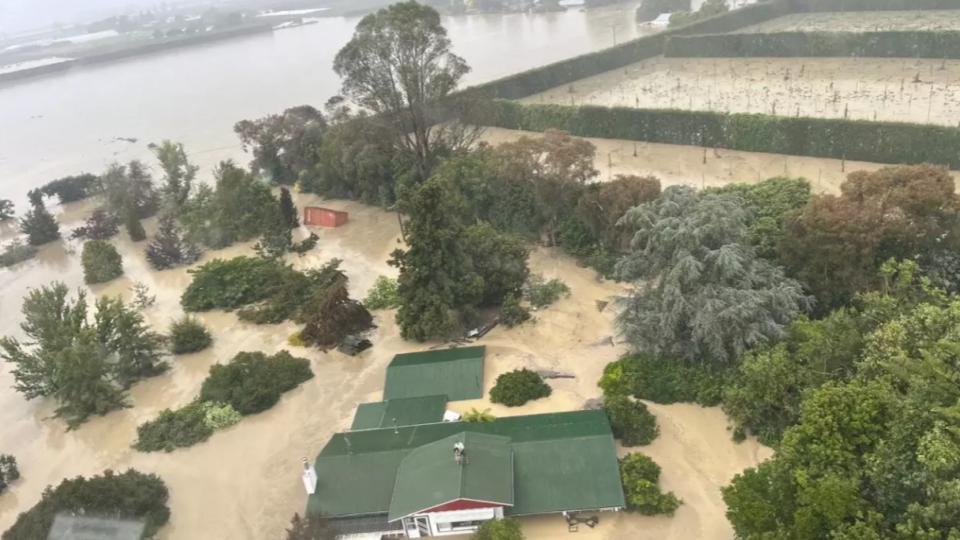


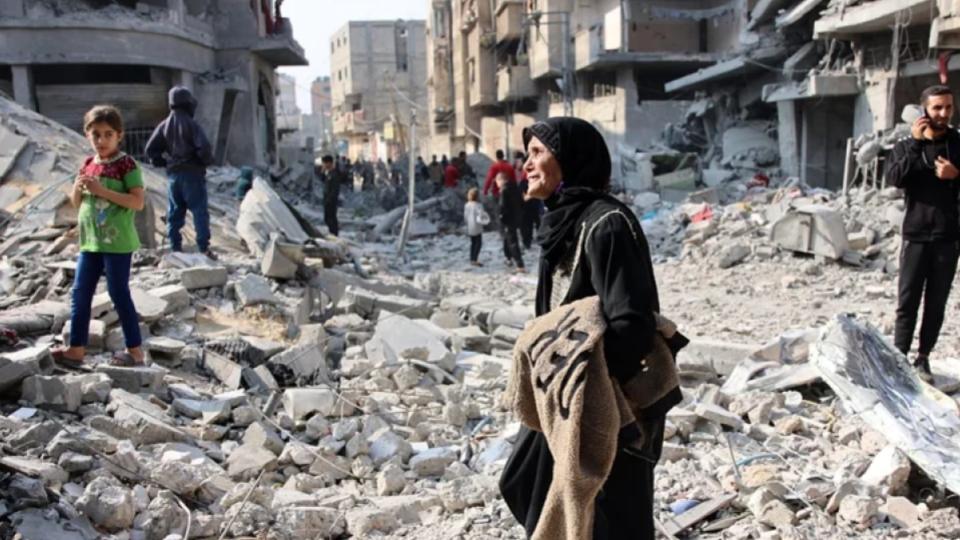
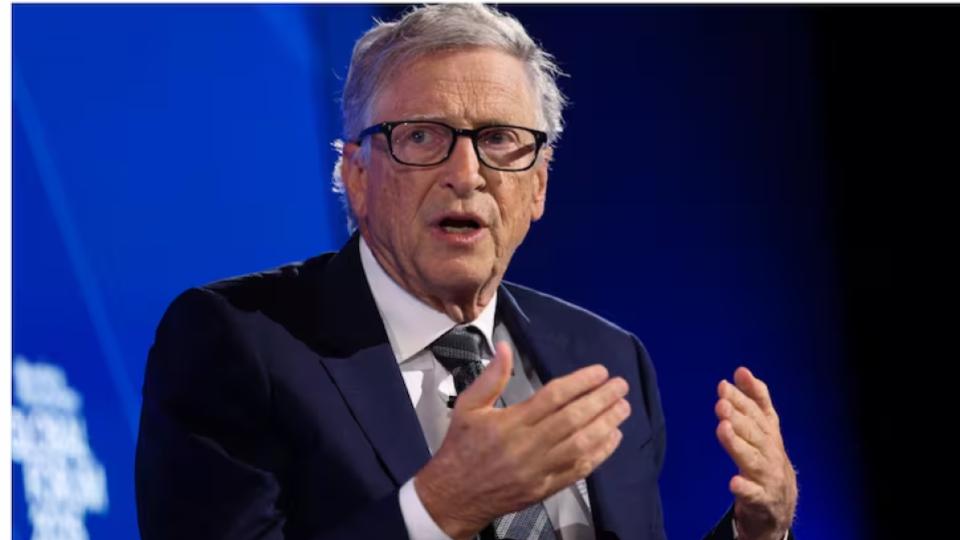
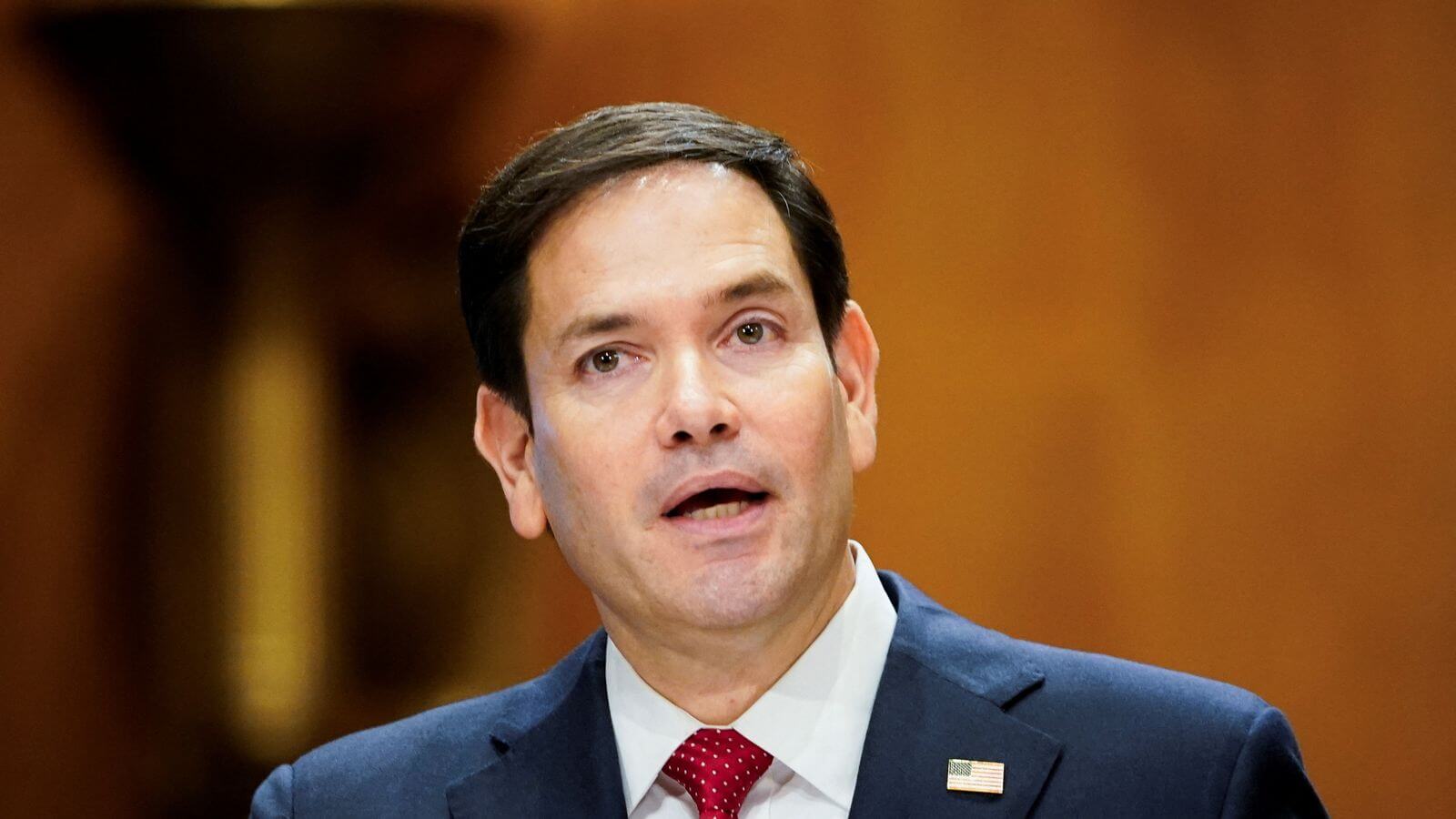
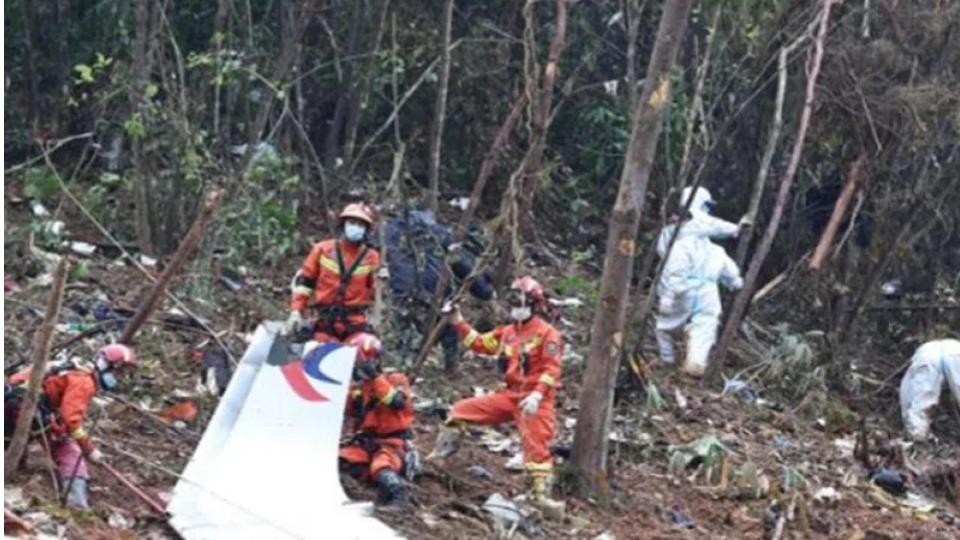







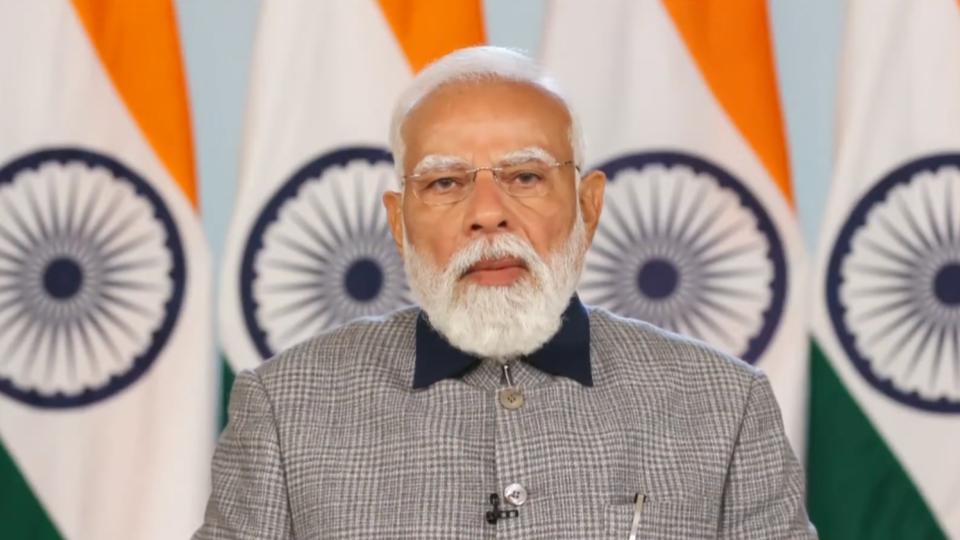

















.jpg)
.jpg)
.jpg)


